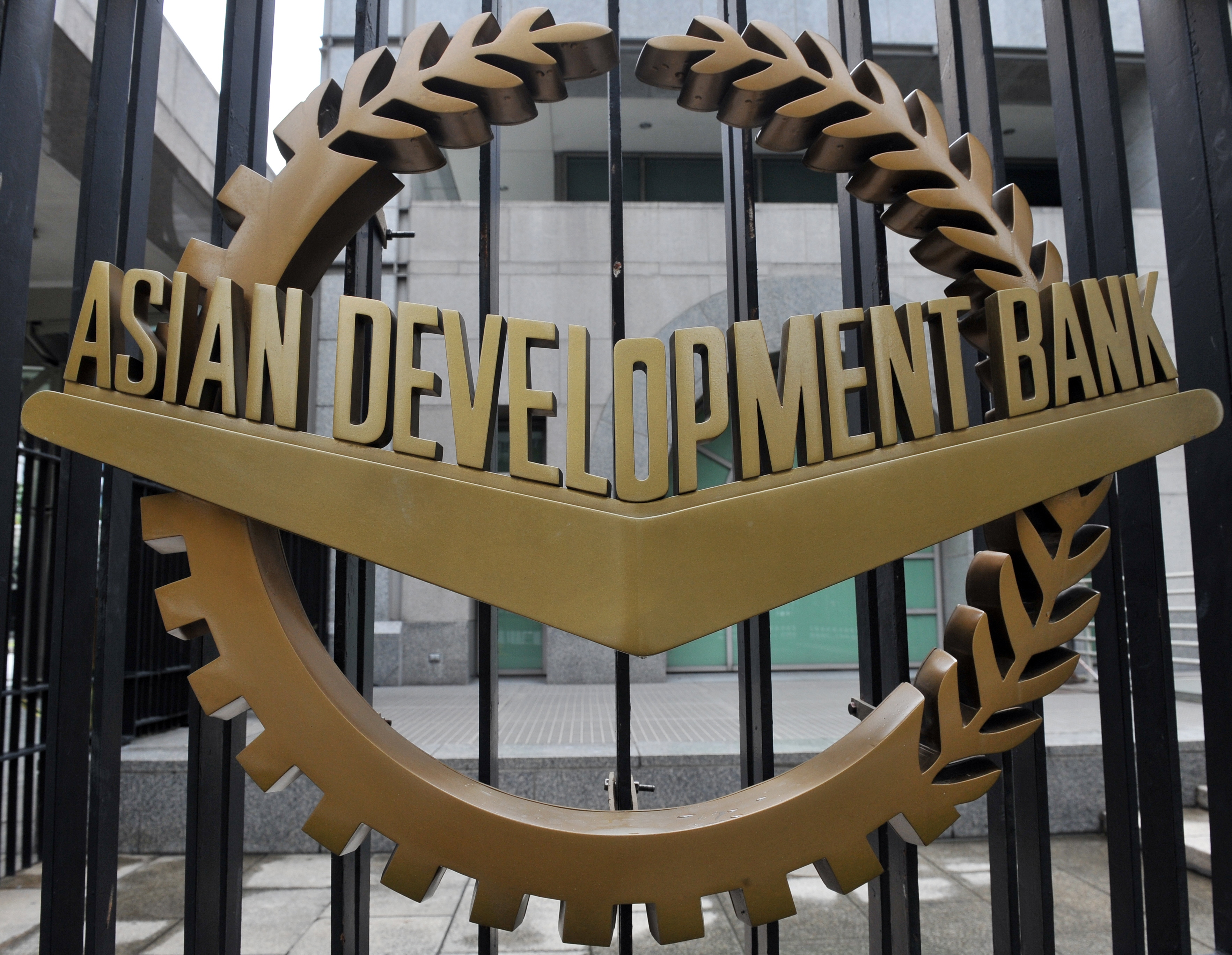The Asian Development Bank (ADB) is set to approve a $500-million loan for the Philippine government’s Public Financial Management (PFM) Road Map 2024-2028, which aims to transform how public funds are managed, thus modernizing fiscal governance.
“That’s another policy-based loan, which we’ll also plan for approval this year. So that’s actually very aligned with this PFM road map exercise,” Pavit Ramachandran, ADB’s country director for Philippines, said in an interview on Monday.
The Department of Budget and Management (DBM), along with the ADB as the lead development partner, launched the second phase of the PFM road map. This focuses on public expenditure and financial accountability assessment with supplementary framework for gender and climate-responsive as well as disaster-resilient and responsive PFM.
This phase will look for gaps compared with international standards and practices to be able to provide recommendations to help improve the country’s financial management and support ongoing reforms.
11 focus areas
According to Budget Secretary Amenah Pangandaman, previous focus areas were disorganized, but the government has since then fully identified the specific problems or gaps with the help of the new budget reform road map.
“With the help of our development partners, in less than a year of consultation, we already pinpointed the gaps so that we are able to look at what kind of intervention we can do [in the national and local governments]. This is just a launch of the road map,” Pangandaman said.
The DBM set 11 core strategic focus areas: planning and budgeting linkage; cash management; public asset management; accounting and auditing; capacity development; digital PFM; policy and legal framework; public procurement; disaster risk reduction and management; PFM for local governments; and monitoring and evaluation for public expenditure.
The budget chief also noted that the program will reduce government corruption and speed up the delivery of goods and services to the public. It will also shift the PFM system from a manual process to digital mode.
Meanwhile, Winfried Wicklein, director general at ADB, said that the road map will help the country attain higher middle-income status by ensuring that public funds are allocated for quality services to Filipinos.
“With a strong and digital PFM system, government spending and decision-making will be more timely. It will be more efficient; it will be more relevant,” Wicklein said in his speech.
The ADB is the second-largest source of the country’s official development assistance, holding a portfolio of $11.43 billion, which represents 30.65 percent of the total in 2023.
